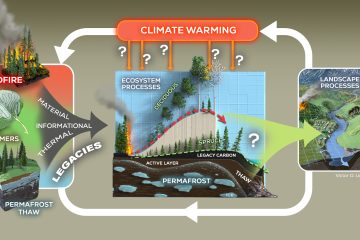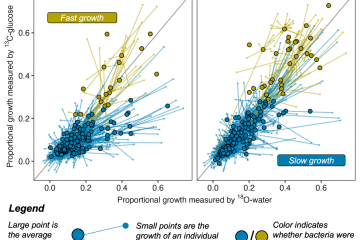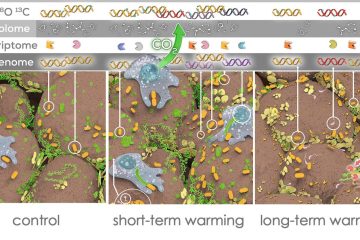Biogeochemical and ecological feedbacks in grassland responses to warming
Plant growth often responds rapidly to experimentally simulated climate change1, 2. Feedbacks can modulate the initial responses3, but these feedbacks are difficult to detect when they operate on long timescales4. We transplanted intact plant–soil mesocosms down an elevation gradient to expose them to a warmer climate and used collectors and interceptors to simulate changes in precipitation. Here, we show that warming initially increased aboveground net primary productivity in four grassland ecosystems, but the response diminished progressively over nine years. Warming altered the plant community, causing encroachment by species typical of warmer environments and loss of species from the native environment—trends associated with the declining response of plant productivity. Warming stimulated soil nitrogen turnover, which dampened but did not reverse the temporal decline in the productivity response. Warming also enhanced N losses, which may have weakened the expected biogeochemical feedback where warming stimulates N mineralization and plant growth1, 5, 6. Our results, describing the responses of four ecosystems to nearly a decade of simulated climate change, indicate that short-term experiments are insufficient to capture the temporal variability and trend of ecosystem responses to environmental change and their modulation through biogeochemical and ecological feedbacks.


